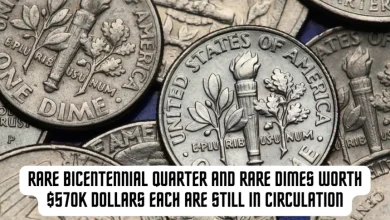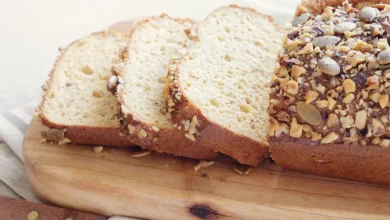How to Train Your Puppy Not to Bite
Puppies are adorable bundles of joy, but their playful nips can sometimes lead to unintentional ouchies.
Learning how to train your puppy not to bite is a crucial step in raising a well-behaved and harmonious furry family member.
In this article, we’ll take you through the ins and outs of bite training using a conversational style. So, grab a treat and let’s dive into this guide on how to foster a nip-free relationship with your pup.
Understanding Puppy Biting
Before we embark on this journey, it’s vital to grasp why puppies bite.
Just like human babies explore the world by putting things in their mouths, puppies use their teeth to investigate and play.
Understanding this natural behavior is the first step in addressing it.
Socialization Matters
Puppy playtime is a critical aspect of their development.
During these interactions, puppies learn bite inhibition – the ability to control the force of their bite.
If they play with littermates and receive feedback, they develop this skill naturally. However, if they miss out on this, it’s your job to teach them.
Teething Troubles
Puppies go through teething, which can make them more inclined to bite or chew to soothe their gums.
It’s essential to provide appropriate chew toys during this phase to redirect their biting instincts.
Redirecting Biting Behavior
Now that we’ve got the basics covered, let’s move on to the nitty-gritty of training your puppy not to bite.
Gentle Playtime
When your puppy gets too nippy during play, gently stop the game and walk away.
This teaches them that rough play leads to the fun ending, encouraging them to be gentler.
Bite Inhibition Training
A crucial step is teaching your puppy bite inhibition.
Whenever they bite too hard, let out a yelp or a high-pitched “ouch” to mimic the reaction of a littermate.
Most puppies will learn to control their bite to avoid hurting you.
Positive Reinforcement
Praise and reward your pup for good behavior.
Whenever they play without biting too hard, offer treats and affection. Positive reinforcement helps reinforce the desired behavior.
Training Techniques
There are a few tried-and-true training techniques to prevent biting.
Timeouts
If your puppy continues to bite, use timeouts. Place them in a designated area for a short time to cool off and understand that biting leads to isolation.
Chew Toys
Provide a variety of chew toys to redirect your puppy’s biting.
When they nibble on an appropriate toy, praise them and offer treats. This teaches them what’s acceptable to chew on.
Consistency is Key
Consistency is the name of the game when it comes to bite training.
All family members and anyone involved with your puppy must follow the same rules to avoid confusion.
Conclusion
In conclusion, teaching your puppy not to bite is a fundamental part of responsible pet ownership.
By understanding their natural behaviors, employing bite inhibition training, and being consistent in your approach, you can foster a nip-free and loving relationship with your furry friend.
Remember that puppies are like sponges, so patience and positive reinforcement are your greatest allies.
Frequently Asked Questions (FAQs)
FAQ 1: Why do puppies bite so much?
Puppies bite to explore, play, and teethe.
It’s a natural part of their development. Teaching them not to bite is essential for their well-being and your peace of mind.
FAQ 2: Is it normal for my puppy to still bite after training?
Yes, it’s normal for puppies to occasionally revert to biting, especially during periods of excitement or stress.
Continue with the training techniques to reinforce bite inhibition.
FAQ 3: How long does it take to train a puppy not to bite?
The duration of bite training can vary, but most puppies make significant progress within a few weeks to a few months.
Patience and consistency are key.
FAQ 4: What if my puppy’s biting becomes aggressive?
If your puppy’s biting starts to escalate into aggressive behavior, it’s crucial to consult a professional dog trainer or behaviorist for guidance and support.
FAQ 5: Can I use bitter-tasting sprays to deter biting?
Bitter-tasting sprays can be used on items your puppy should not bite, like furniture or shoes.
However, it’s more effective to focus on bite inhibition training for your puppy’s mouthiness.



